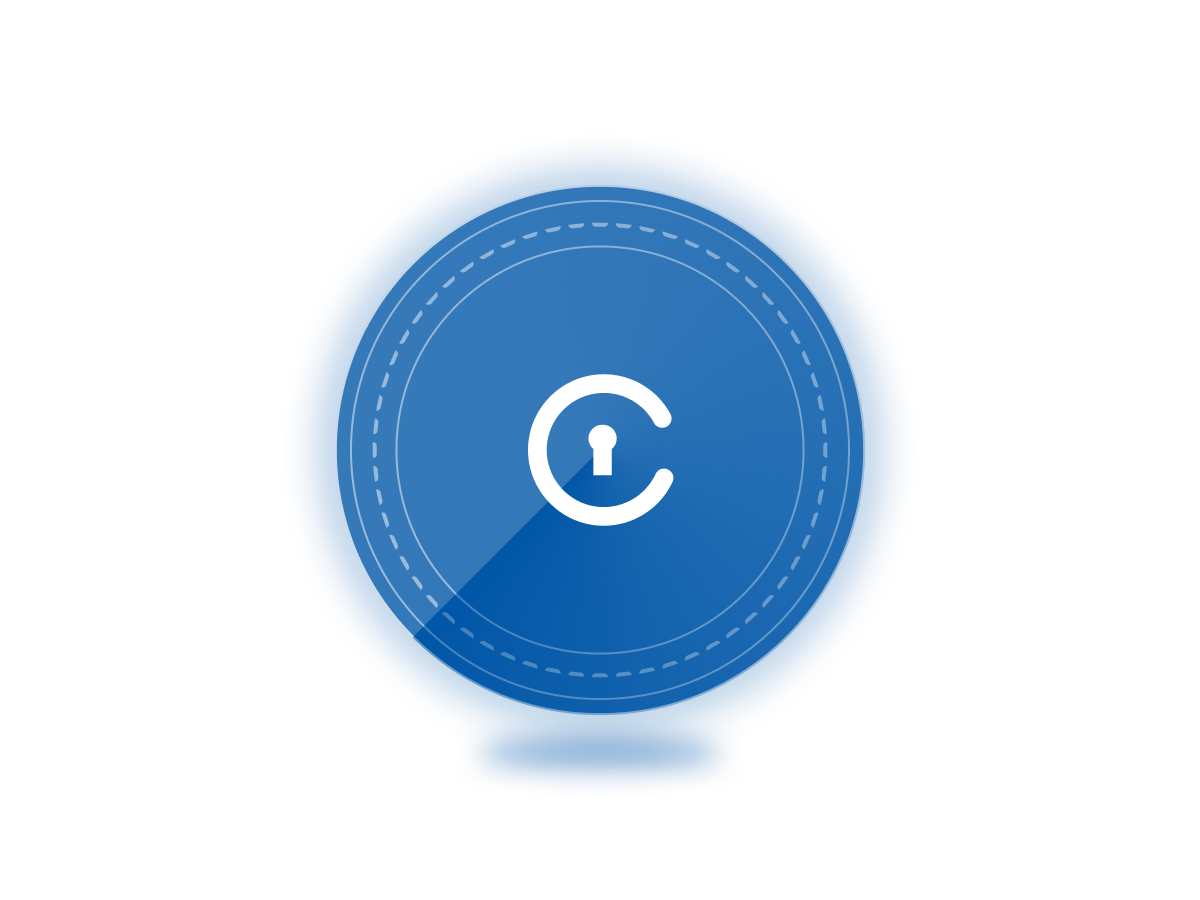Table of Contents
Identity.com was created as a first-of-its-kind decentralized platform that opens up access to on-demand, secure identity verification. Its mission is to connect users, requesters, and validators around the world to enable reusable identity verification. This New Identity Economy allows individuals, companies, and other entities to interact easily and safely in the digital world. Identity.com is designed to be powered by CVC tokens (CVCs), and it contributes and develops the decentralized identity ecosystem.
Nonprofit Established
Today, we are excited to announce that we have established Identity Technologies, Inc., a 501(c)(4) nonprofit organization to promote social welfare that will create a world where individuals and organizations freely access decentralized identity verification services on demand. The vision for Identity.com marketplace has always been to operate independently, and in fact, one-third of the CVC tokens were allocated for distribution to incentivize participation in the ecosystem at the time of the CVC token sale. Now, with the establishment of the nonprofit organization, we are ready to take custody of the incentive CVC tokens, and they will be moved to Identity.com.
New Identity.com Board
Identity.com is now operating independently as a nonprofit under my leadership, and I have also joined as a board member. I would like to welcome the other board members to Identity.com: Vinny Lingham, CEO and co-founder of Civic; Llew Claasen, Venture Capitalist; and James Kilroe, Entrepreneur and Investor. Vinny needs no introduction, and both Llew Claasen and James Kilroe are co-authors of the Token Behavior Model. We have one open seat for a board member from the identity community, which we will be adding in the coming months, for a total of five board seats. Our plan is to grow the board to 11 individuals and strengthen its independence as the ecosystem continues to grow. Identity.com does not have an intention to sell its tokens beyond small amounts needed to grow the ecosystem incrementally and in a manner that does not impact the market.
CVCs Tokens Transfer
CVCs have been created to allow ecosystem members to transact in identity verification-related services while ensuring network integrity with game theory applications, as described in the whitepaper mentioned above. In 2017, one billion CVC were issued: 33% were sold in the token sale to future ecosystem members and are now being held in over 45,000 wallets (as per Etherscan), 33% were retained by Civic, and 33% were allocated for distribution to incentivize participation in the ecosystem. The remaining 1% was allocated to cover the token sale costs.
We are now pleased to announce that the 33% of CVC tokens allocated for ecosystem development, or 330M CVCs, will be transferred shortly from Civic’s wallet to designated Identity.com wallets following this structure:
- 92.5M CVCs for the Civic Wallet adoption incentive pool
- ~71M CVCs for partners like wikiHow and Coinbase Earn
- ~166.5M CVCs for various other initiatives over time
(some numbers may vary depending on individual partner agreements)
The Future of Decentralized Identity
Since we announced Identity.com last year, we have processed the first CVC-powered Know Your Customer (KYC) transactions, marking the first exchange of CVCs for identity verification services. Now, we are preparing to expand access to decentralized identity verification services. We also open-sourced the decentralized Identity.com marketplace software in response to community enthusiasm for a more open platform. To date, we’ve made significant technical progress and shared our roadmap openly, with updates as recent as September 2019.
With our powerful identity community, we’ve continued to build trust through smart contracts, powered by CVCs. As a nonprofit committed to advancing social welfare, we’ll be continuing to incorporate your feedback into our work and we welcome your continued support.





